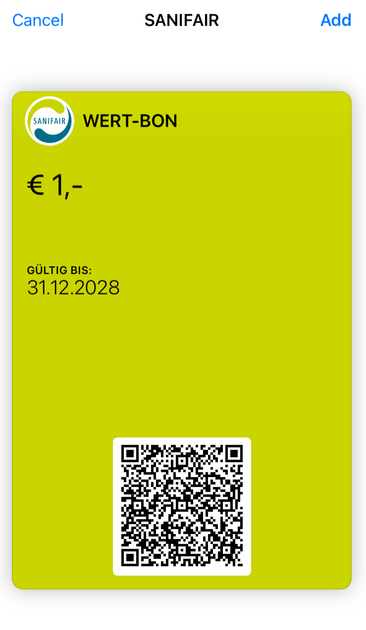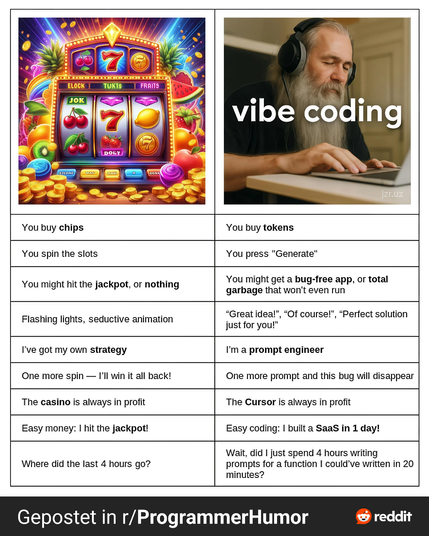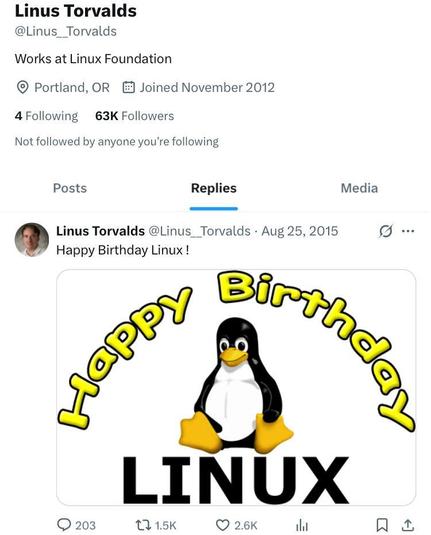| GitHub | https://github.com/led02 |
| de-RSE e.V. | https://de-rse.org |
| OrcID | https://orcid.org/0000-0001-6372-3853 |
Michael Meinel
- 66 Followers
- 43 Following
- 288 Posts
🧵 1/x
Sprache kann Leben retten – oder töten.
In meiner neuen Podcastfolge spreche ich mit dem Team hinter dem Sprachkompass über ein Thema, das viele lieber vermeiden:
👉 Wie Sprache Verkehrsgewalt verschleiert.
🎧 https://katja-diehl.de/toedlich-verharmlost-wie-sprache-verkehrsgewalt-unsichtbar-macht/
Jeden Tag sterben in Deutschland 8 Menschen im Straßenverkehr.
Und was liest man?
„LKW übersieht Radfahrerin.“
➡️ Klingt nach Schicksal.
➡️ Klingt nach niemandem, der verantwortlich ist.
➡️ Klingt nach: nichts ändern müssen.
Satisfying my unscientific curiosity here. Please boost for visibility.
How old are you?
25 or younger
26-40
41-65
66 or older

Ten simple rules for PIs to integrate Research Software Engineering into their research group
Research Software Engineering (RSEng) is a key success factor in producing high-quality research software, which in turn enables and improves research outcomes. However, as a principal investigator or leader of a research group you may not know what RSEng is, where to get started with it, or how to use it to maximize its benefit for your research. RSEng also often comes with technical complexity, and therefore reduced accessibility to some researchers. The ten simple rules presented in this paper aim to improve the accessibility of RSEng, and provide practical and actionable advice to PIs and leaders for integrating RSEng into their research group. By following these rules, readers can improve the quality, reproducibility, and trustworthiness of their research software, ultimately leading to better, more reproducible and more trustworthy research outcomes.





